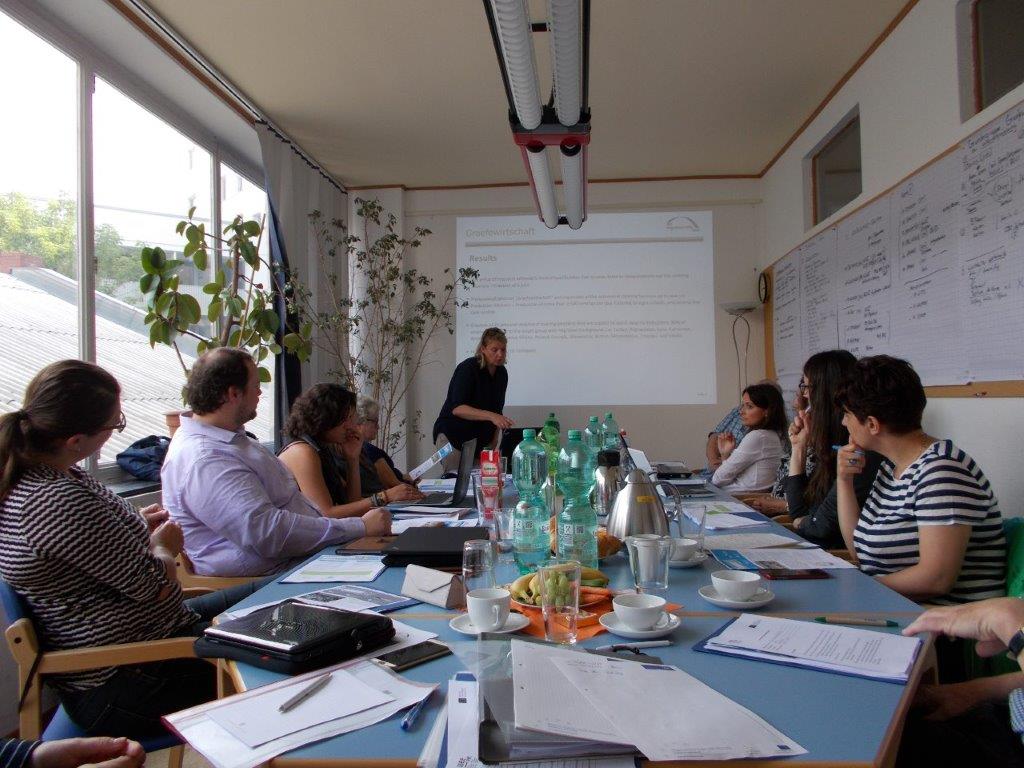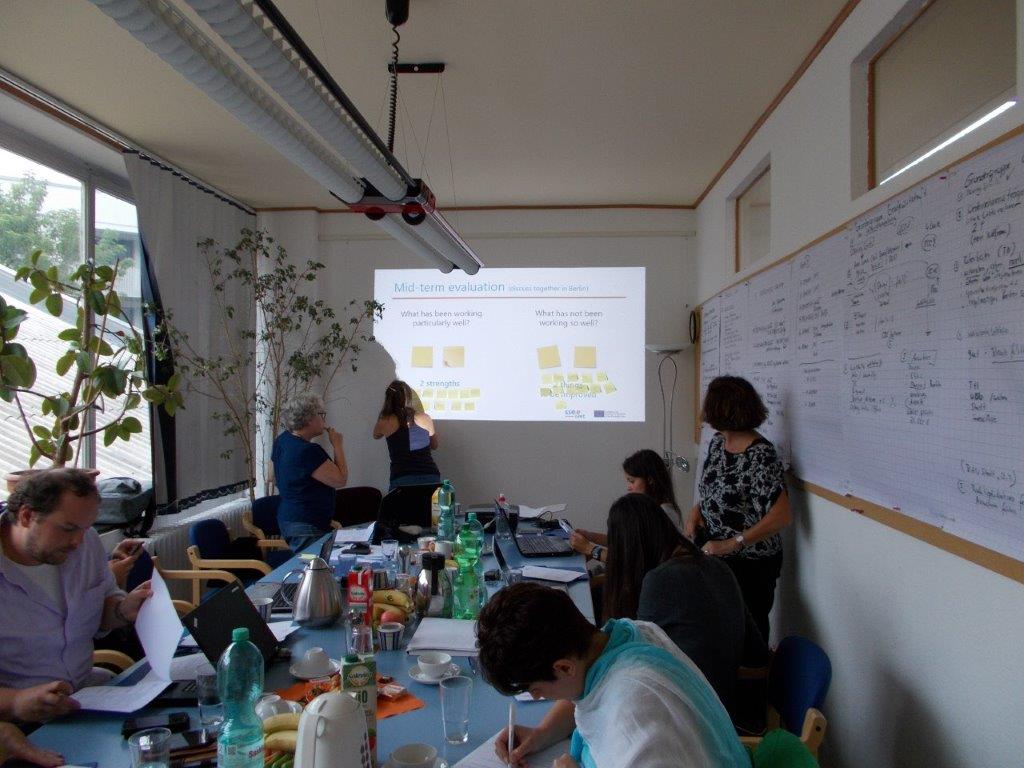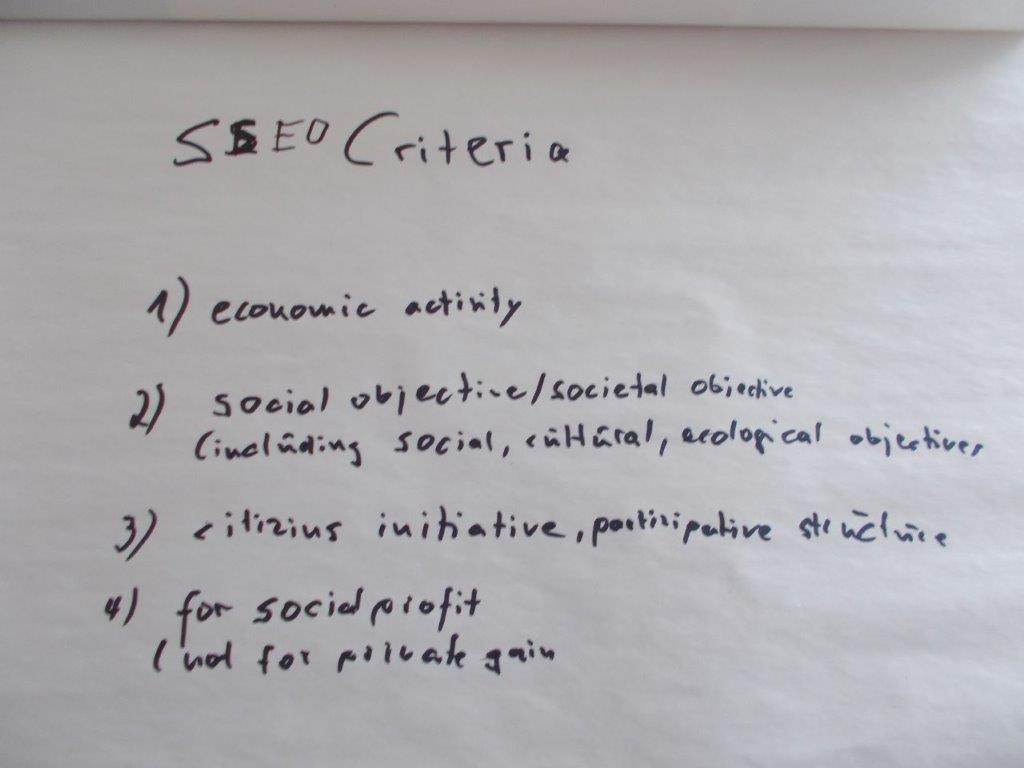The term “social economy” was recognized in Greece recently enough, in 2011, and in an extremely inadequate and unclear way. Despite the existence of many administrative and legal deficiencies, the social economy currently has at least a stable base. Moreover, the concept of “social solidarity” is becoming increasingly understood as a promising socio-economic model in EU and in other countries of the world. Education and training are key factors for this situation. Above all, curricula can be a valuable platform for bringing together members of education, training and work – and especially Initial Vocational Education and Training (IVET) – with great potential for transforming younger generations into citizens and professionals, who will be informed, conscientious and able to cope with social challenges.
In other words, social and solidarity economy is an alternative way of understanding the economy and not only.
The Institute for Development and Entrepreneurship attended the 2nd meeting held in Berlin on 12 July with the other partners of the project entitled “Social and Solidarity Economy in Europe – Affirming a new paradigm through IVET curricula innovation” where they discussed the results so far of the project, more specifically the mapping of the current framework of partner countries in relation to the social and solidarity economy as well as to initial vocational education and training. The aim of the project is to create an educational material based on this topic, while in September in the city of Larissa there will be a 5-day training course with trainers both from Greece and from other European countries that will train people on the subject of Social and Solidarity Economy.
If you want to learn more about Social and Solidarity economy you can feel free to visit the projects official website as well as IED’s website. We have a lot of interesting content that will certainly help you understand more about this type of economy!




